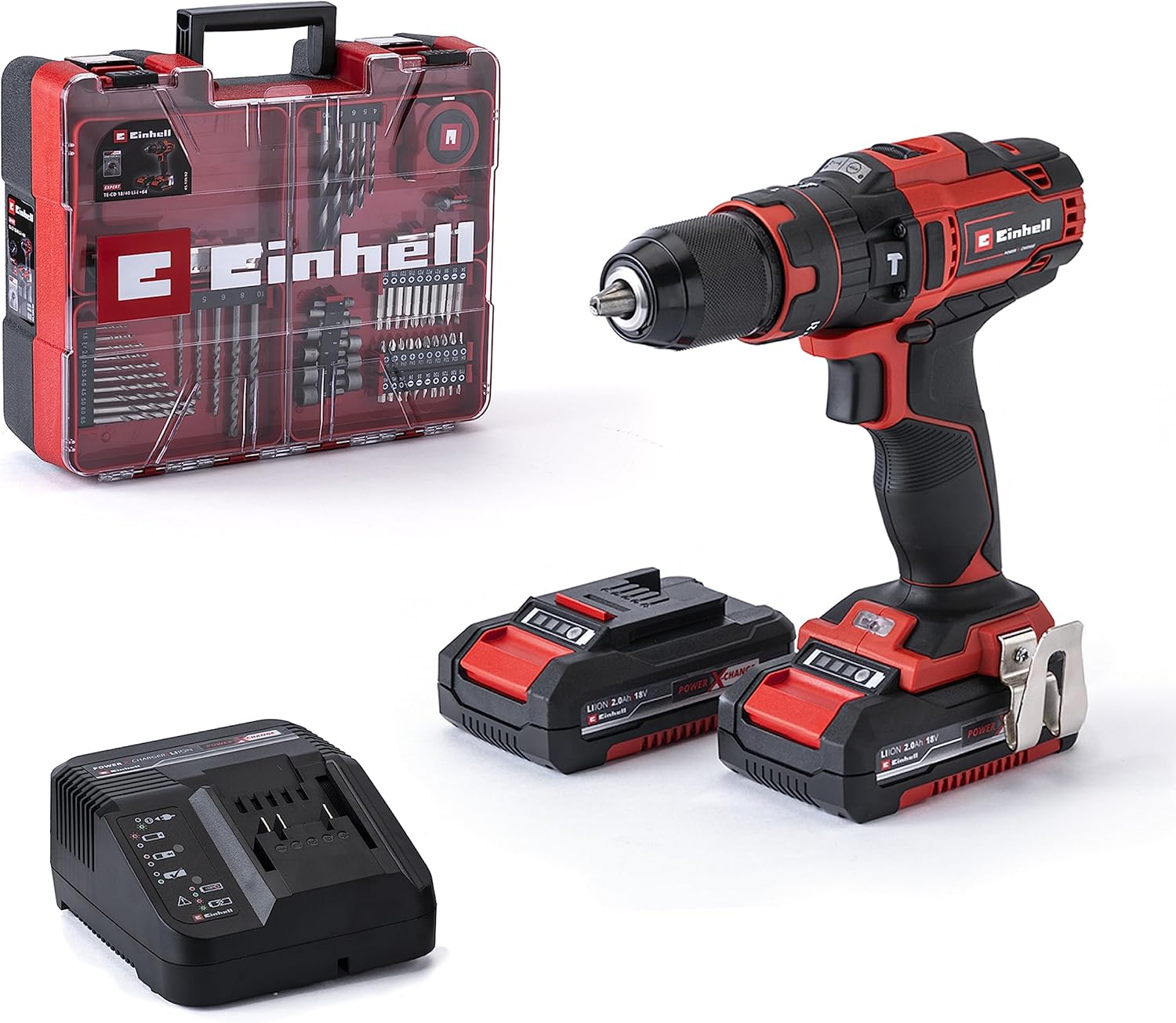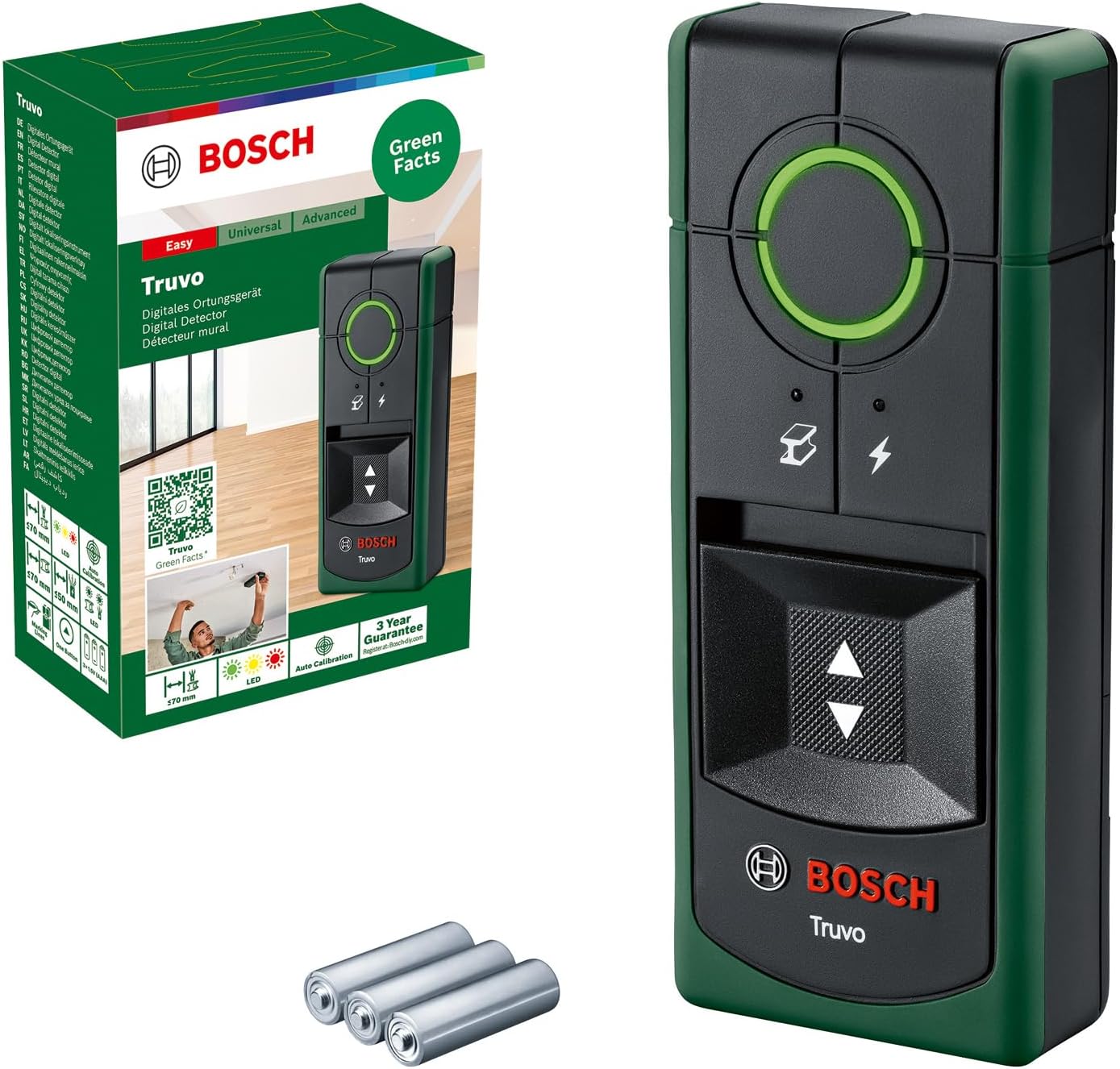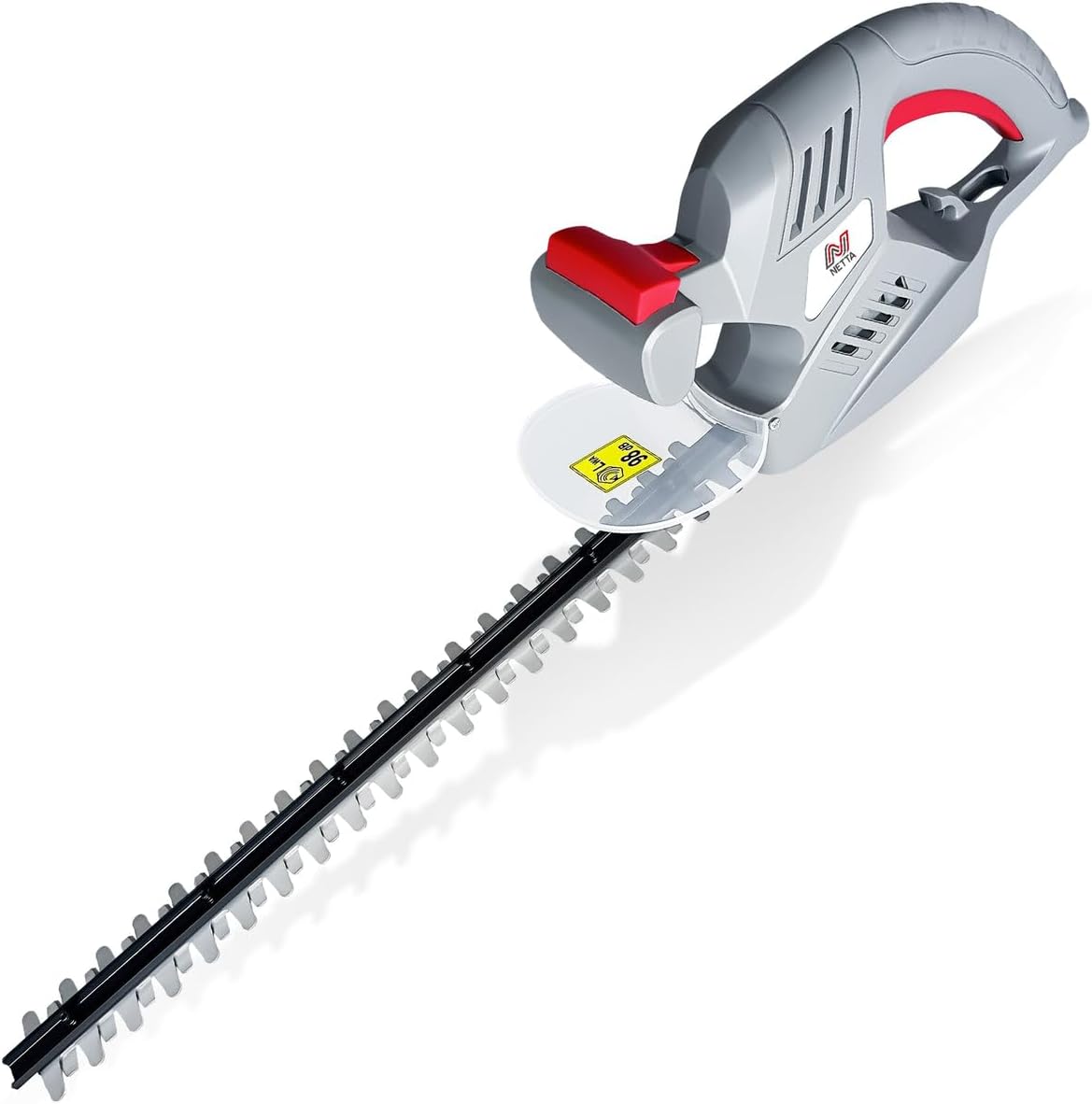Are you considering transforming a charming barn in the picturesque UK countryside into your dream home? One of the most important decisions you will face is choosing the right materials for your barn conversion. The UK countryside is known for its array of stunning traditional barns, each with its own unique character. In this article, we will explore the best materials to consider for your barn conversion, ensuring that you create a space that seamlessly blends modern comforts with the rustic charm of the countryside. From reclaimed wood to natural stone, you’ll discover the perfect materials to make your barn conversion a true masterpiece. So, let’s dive into the world of barn conversions and embark on this exciting journey together!
1. Exterior Materials
When it comes to choosing the right materials for the exterior of your barn conversion in the UK countryside, there are several options to consider. These materials can greatly impact the overall look and feel of your property, as well as its durability and maintenance requirements. Let’s explore some of the most popular choices for exterior materials.
1.1 Brick
Brick is a timeless and classic choice for barn conversions in the UK countryside. It offers a rustic aesthetic and can blend seamlessly with the surrounding environment. Brick is known for its durability and longevity, making it a reliable choice for exterior walls. Additionally, brick requires minimal maintenance, only needing occasional cleaning to keep it looking its best.
1.2 Stone
Stone is another traditional material commonly used in barn conversions. It exudes charm and character, adding a sense of history and authenticity to your property. Natural stone can be sourced locally, making it a sustainable and environmentally-friendly option. It is also extremely durable and weather-resistant, ensuring that your barn will stand the test of time.
1.3 Timber
For a more rustic and natural look, timber is an excellent choice for the exterior of your barn conversion. Its warm and inviting appearance adds a cozy touch to your property. Timber can be used in various ways, such as timber cladding or timber framing, allowing for a versatile and customizable design. However, it is important to note that timber requires regular maintenance to prevent rot and decay.
1.4 Render
Render is a popular choice for barn conversions looking for a more modern and sleek appearance. It is a mixture of cement, sand, and lime that is applied to the exterior walls, creating a smooth and seamless finish. Render is highly durable and low-maintenance, requiring occasional cleaning or touch-ups. It also provides excellent insulation properties, helping to regulate the temperature inside your barn.
1.5 Metal Sheeting
Metal sheeting is often used in more contemporary barn conversions, providing a modern and industrial aesthetic. It is commonly seen on roofs and can also be used for cladding the exterior walls. Metal sheeting is lightweight, durable, and weather-resistant, making it a practical choice for the UK countryside. Additionally, it requires minimal maintenance and can be easily cleaned.
2. Roofing Materials
The choice of roofing materials for your barn conversion is crucial, as it plays a vital role in protecting your property from the elements and providing insulation. Let’s explore some of the most suitable options for roofing materials in the UK countryside.
2.1 Slate
Slate is a popular roofing material in the UK countryside due to its durability, aesthetic appeal, and longevity. It has a natural beauty and texture that complements the rural setting. Slate roofs are known for their excellent weather resistance and fireproof properties. They require minimal maintenance and can last for many decades, making them a wise investment for barn conversions.
2.2 Tile
Tile roofing is another common choice for barn conversions in the UK countryside. It comes in various materials such as clay, concrete, or terracotta, offering a wide range of colors and styles to complement your design. Tile roofs are known for their durability and resistance to harsh weather conditions. They also provide excellent insulation and are relatively low-maintenance.
2.3 Metal
Metal roofing has become increasingly popular for barn conversions due to its durability, versatility, and contemporary appeal. It can be made from materials such as steel, aluminum, or copper, offering a wide range of finishes and colors. Metal roofs are lightweight, fire-resistant, and long-lasting. They require little maintenance and can also be eco-friendly if made from recycled materials.
2.4 Thatch
Thatched roofs are a traditional and charming choice for barn conversions in the UK countryside. They are made from layers of straw, reed, or grass, giving your property a unique and rustic appearance. Thatched roofs provide excellent insulation properties, keeping your barn cool in summer and warm in winter. However, thatch requires regular maintenance to prevent potential fire hazards and ensure its longevity.
3. Insulation Materials
Insulation is essential for keeping your barn conversion comfortable and energy-efficient. Proper insulation helps regulate temperature, reduces noise, and prevents moisture buildup. Here are some common insulation materials used in barn conversions.
3.1 Fiberglass
Fiberglass insulation is one of the most popular choices due to its affordability and effectiveness. It is made from fine glass fibers and comes in rolls or batts. Fiberglass insulation is easy to install and provides excellent thermal and sound insulation. It is also resistant to moisture, mold, and pests. However, it is important to handle fiberglass with caution and wear protective clothing during installation.
3.2 Rockwool
Rockwool, also known as mineral wool, is made from volcanic rock or slag. It is a versatile insulation material that offers excellent thermal and acoustic insulation properties. Rockwool is resistant to fire, moisture, and pests, making it a durable and long-lasting choice for your barn conversion. It is also easy to install and can be used in various areas, including walls, floors, and roofs.
3.3 Sheep’s Wool
Sheep’s wool insulation is an eco-friendly and sustainable option for barn conversions. It is made from the fleece of sheep and offers excellent thermal insulation properties. Sheep’s wool is breathable, moisture-resistant, and naturally fire-retardant. It is also a renewable resource and has minimal impact on the environment. Sheep’s wool insulation is easy to handle and can be an effective choice for both walls and roofs.
3.4 Cellulose
Cellulose insulation is made from recycled paper or plant fibers, making it an environmentally-friendly choice for barn conversions. It is treated with fire retardants and chemicals to improve its resistance to pests and moisture. Cellulose insulation provides excellent thermal and sound insulation and is easy to install. It is also a cost-effective option and can be blown into hard-to-reach areas.
3.5 Hempcrete
Hempcrete is a natural and sustainable insulation material made from a mixture of hemp fibers, lime, and water. It offers excellent thermal insulation, moisture regulation, and sound absorption properties. Hempcrete is also breathable, preventing the buildup of condensation and mold. It is an eco-friendly choice and can be used in both walls and roofs. However, hempcrete may require professional installation due to its unique composition.
4. Flooring Materials
Choosing the right flooring materials for your barn conversion is crucial to create a welcoming and functional space. The flooring should be durable, easy to maintain, and complement the overall design. Let’s explore some popular flooring materials for barn conversions in the UK countryside.
4.1 Hardwood
Hardwood flooring is a timeless and luxurious option for barn conversions. It adds warmth, character, and elegance to your space. Hardwood floors are known for their durability and longevity, making them suitable for high-traffic areas. They can be sanded and refinished multiple times, extending their lifespan. However, hardwood flooring may require regular maintenance, such as polishing and occasional repairs.
4.2 Engineered Wood
Engineered wood flooring combines the natural beauty of hardwood with enhanced durability and stability. It is made from layers of real wood veneer bonded to a plywood or high-density fiberboard (HDF) core. Engineered wood is more resistant to moisture and temperature changes compared to solid wood. It is also easier to install, as it can be floated or glued down. Engineered wood comes in various styles and finishes, allowing you to achieve the desired look for your barn conversion.
4.3 Stone
Stone flooring is a popular choice for barn conversions, especially those aiming for a rustic and authentic feel. It can be made from materials such as limestone, slate, or travertine. Stone floors are durable, long-lasting, and provide excellent thermal conductivity. They also add a natural and unique charm to your space. However, stone flooring can be expensive and may require professional installation due to its weight and specific installation requirements.
4.4 Concrete
Concrete flooring is a modern and versatile option for barn conversions. It can be poured and finished to achieve a smooth, polished, or textured appearance. Concrete floors are known for their durability, easy maintenance, and resistance to moisture. They can also be stained or dyed to create a custom look. However, concrete floors may require proper sealing to prevent staining and cracking.
4.5 Reclaimed Materials
Using reclaimed materials for your barn conversion flooring can add a sense of history and authenticity to your space. Reclaimed wood, such as old planks, beams, or pallets, can be repurposed into unique and sustainable flooring. Reclaimed bricks or stones can also be used to create a charming and rustic floor. These materials not only reduce waste but also offer a one-of-a-kind aesthetic that cannot be replicated.
5. Window Materials
Choosing the right window materials for your barn conversion is essential to ensure proper insulation, security, and aesthetic appeal. The materials should be durable, energy-efficient, and able to withstand the elements. Let’s explore some suitable options for window materials in the UK countryside.
5.1 Wood
Wooden windows are a classic and traditional choice for barn conversions. They add warmth, charm, and a touch of natural beauty to your space. Wood is a good insulator, providing excellent thermal efficiency. Wooden windows can be customized to match your design preferences and are available in various styles, such as casement, sash, or sliding. However, wood requires regular maintenance, such as painting or staining, to prevent rot and decay.
5.2 PVC
PVC (polyvinyl chloride) windows are a popular choice for modern barn conversions. They offer excellent thermal efficiency, durability, and low maintenance. PVC windows come in a wide range of styles and finishes to suit your design needs. They are resistant to rot, corrosion, and fading, ensuring their longevity. PVC windows are also cost-effective and provide good insulation properties.
5.3 Aluminum
Aluminum windows are a sleek and contemporary option for barn conversions. They are lightweight, strong, and resistant to corrosion, making them suitable for all weather conditions. Aluminum windows come in various styles, including casement, tilt-and-turn, or sliding. They provide excellent thermal efficiency with the addition of thermal breaks. However, aluminum is a conductor of heat, requiring proper insulation around the window frames.
5.4 Steel
Steel windows are a stylish and industrial choice for barn conversions looking for a unique and modern aesthetic. They offer strength, durability, and slim sightlines. Steel windows can be customized to fit various architectural designs and come in a range of finishes. They provide excellent security and are resistant to fire and weather conditions. However, steel windows can be costly and may require regular maintenance, such as painting or anti-corrosion treatments.
5.5 Composite
Composite windows combine the best features of different materials, such as wood, PVC, or aluminum. They offer the aesthetics of wood on the interior and the durability of PVC or aluminum on the exterior. Composite windows provide excellent thermal efficiency, low maintenance, and enhanced durability. They are available in various styles and finishes, allowing for customization to suit your barn conversion.
6. Door Materials
Choosing the right door materials for your barn conversion is crucial for security, insulation, and aesthetic appeal. Different materials offer unique benefits and suit various design styles. Let’s explore some suitable options for door materials in the UK countryside.
6.1 Wood
Wooden doors are a classic and timeless choice for barn conversions. They provide a warm and inviting entrance to your property. Wood is a natural insulator, offering good thermal efficiency. Wooden doors can be customized to your preferred design, including paneling, glazing, or decorative details. They also provide excellent security when combined with quality locks. However, wood requires regular maintenance, such as painting or staining, to protect against rot and enhance its lifespan.
6.2 PVC
PVC doors are a popular choice for barn conversions due to their durability, energy efficiency, and low maintenance. They offer good thermal insulation, helping to retain heat and reduce energy bills. PVC doors come in various styles, including panel, glazed, or composite. They are resistant to weather conditions, rot, and fading, ensuring their longevity. PVC doors are also cost-effective and provide good security features.
6.3 Aluminum
Aluminum doors are a sleek and contemporary option for barn conversions. They offer strength, durability, and slim sightlines. Aluminum doors can be customized to fit various architectural designs and come in a range of finishes. They provide excellent security and are resistant to weather conditions. Aluminum doors also offer good thermal efficiency with the addition of thermal breaks. However, proper insulation is required around the door frames due to aluminum’s heat conduction properties.
6.4 Steel
Steel doors are a robust and secure option for barn conversions. They offer enhanced security features, including reinforced cores and high-quality locks. Steel doors are weather-resistant, fire-resistant, and highly durable. They are available in various designs, finishes, and can be customized to fit your preferences. However, steel doors can be heavy, requiring proper installation and maintenance to prevent rust or corrosion.
6.5 Composite
Composite doors combine the benefits of different materials, such as wood, PVC, or steel. They offer the aesthetics of wood on the interior, the durability of PVC or aluminum on the exterior, and the security features of steel. Composite doors are highly customizable, allowing you to choose from various styles, colors, and finishes. They provide excellent insulation, security, and low maintenance. Composite doors are also resistant to weather conditions and offer good longevity.
7. Interior Wall Materials
The choice of interior wall materials for your barn conversion can greatly impact the overall aesthetics and ambiance of your living space. It is important to choose materials that are both visually appealing and practical. Let’s explore some popular interior wall materials for barn conversions in the UK countryside.
7.1 Plasterboard
Plasterboard, also known as drywall or gypsum board, is a popular choice for interior walls in barn conversions. It is made of gypsum plaster sandwiched between layers of paper, offering a smooth and seamless finish. Plasterboard is easy to install, versatile, and provides good sound and thermal insulation. It can be painted, wallpapered, or decorated to suit your preferred style.
7.2 Brick
Exposed brick walls can add a rustic and industrial charm to your barn conversion. They provide a unique texture and visual interest to your living spaces. Brick walls can be left natural or painted to match your desired aesthetics. They also offer good thermal mass, helping to regulate temperature fluctuations. However, it is important to note that brick walls may require additional insulation to meet modern building standards.
7.3 Timber Cladding
Timber cladding is a versatile and natural choice for interior walls in barn conversions. It can be used to create a cozy and warm atmosphere. Timber cladding comes in various styles, such as shiplap, tongue and groove, or reclaimed planks. It offers good insulation properties, absorbs sound, and provides a visually appealing backdrop. However, timber cladding may require regular maintenance to preserve its appearance and protect against moisture or pests.
7.4 Drywall
Drywall, also known as sheetrock or plasterboard, is a popular choice for interior walls in barn conversions. It is made of gypsum plaster sandwiched between layers of paper, offering a smooth and seamless finish. Drywall is lightweight, easy to install, and provides good sound and thermal insulation. It can be painted, wallpapered, or textured to suit your preferred style. Drywall is also cost-effective and readily available, making it a practical choice for interior walls.
7.5 Lime Render
Lime render is a traditional and environmentally-friendly choice for interior walls in barn conversions. It is made of lime putty or hydraulic lime mixed with sand. Lime render offers excellent breathability and moisture regulation, preventing the buildup of condensation or mold. It provides a soft and textured finish, adding a sense of character and authenticity to your living spaces. Lime render is also durable and can be easily repaired or patched.
8. Ceiling Materials
The choice of ceiling materials for your barn conversion can greatly impact the overall aesthetics and acoustics of your living spaces. It is important to choose materials that are visually appealing, durable, and able to accommodate lighting fixtures and ventilation systems. Let’s explore some popular ceiling materials for barn conversions in the UK countryside.
8.1 Plaster
Plaster ceilings offer a timeless and classic look for barn conversions. They provide a smooth and seamless finish and can be customized with decorative details, such as cornices or moldings. Plaster ceilings are durable, long-lasting, and can enhance the overall elegance of your living spaces. However, it is important to hire a professional plasterer for proper installation and to ensure a flawless finish.
8.2 Exposed Beams
Exposed beams are a charming and rustic choice for barn conversions. They add character, warmth, and visual interest to your living spaces. Exposed beams can be made of various materials, such as wood, steel, or reclaimed materials. They provide a unique architectural element and can be left natural or painted to match your desired aesthetics. However, it is important to ensure proper support and structural integrity when incorporating exposed beams into your ceiling design.
8.3 Timber Paneling
Timber paneling offers a cozy and natural look for barn conversions. It can be used to create a warm and inviting atmosphere and add a touch of rustic charm. Timber paneling comes in various styles, such as shiplap, tongue and groove, or reclaimed planks. It offers good insulation properties, absorbs sound, and provides a visually appealing backdrop. However, timber paneling may require regular maintenance to preserve its appearance and protect against moisture or pests.
8.4 Metal
Metal ceilings can add a modern and industrial touch to your barn conversion. They offer a sleek and minimalist aesthetic that complements contemporary designs. Metal ceilings can be made from materials such as steel, aluminum, or copper, providing a range of finishes and colors to choose from. They are durable, low-maintenance, and resistant to fire and moisture. However, it is important to consider proper insulation and acoustic treatments to minimize noise and temperature fluctuations.
8.5 Synthetic Materials
Synthetic ceiling materials, such as PVC or fiberboard, offer a cost-effective and versatile option for barn conversions. They come in various styles, textures, and finishes to suit your design preferences. Synthetic ceilings are lightweight, easy to install, and require minimal maintenance. They can also provide good sound and thermal insulation properties. However, synthetic materials may not offer the same level of durability or visual appeal as natural materials.
9. Plumbing Materials
Selecting the right plumbing materials for your barn conversion is essential to ensure a reliable and efficient water supply. The materials should be durable, corrosion-resistant, and compatible with the specific requirements of your plumbing system. Let’s explore some suitable options for plumbing materials in the UK countryside.
9.1 Copper
Copper piping is a popular choice for plumbing systems in barn conversions. It is known for its durability, longevity, and resistance to corrosion. Copper is a versatile material that can be easily bent and shaped, making it suitable for various plumbing configurations. It provides excellent heat conduction, ensuring hot water reaches your taps quickly. Copper pipes are also eco-friendly, as they can be recycled.
9.2 PVC
PVC (polyvinyl chloride) piping is widely used for plumbing systems in barn conversions. It is affordable, lightweight, and easy to install. PVC pipes are corrosion-resistant, ensuring a long lifespan without the need for regular maintenance. They are also excellent at noise reduction, minimizing any water flow sounds. PVC pipes are available in various sizes and can be used for both cold and hot water supply.
9.3 Stainless Steel
Stainless steel piping is a durable and hygienic choice for plumbing systems in barn conversions. It is resistant to corrosion, heat, and high pressure, making it suitable for both hot and cold water supply. Stainless steel pipes are easy to install, long-lasting, and require little maintenance. They also offer excellent resistance to scaling and bacterial growth. However, stainless steel pipes can be more expensive than other materials.
9.4 PEX
PEX (cross-linked polyethylene) piping is a flexible and versatile option for plumbing systems in barn conversions. It is easy to install and requires fewer fittings compared to traditional rigid piping. PEX pipes are resistant to corrosion, freezing, and scaling. They also provide good thermal insulation, reducing heat loss from hot water supply. PEX pipes are available in different colors to distinguish between hot and cold water lines.
9.5 Galvanized Steel
Galvanized steel piping is a robust and long-lasting choice for plumbing systems in barn conversions. It is coated with a layer of zinc to protect against corrosion and rust. Galvanized steel pipes are able to withstand high pressure and extreme weather conditions. They are suitable for both indoor and outdoor plumbing applications. However, it is important to properly inspect and maintain galvanized steel pipes to prevent significant wear or damage over time.
10. Electrical Materials
Selecting the right electrical materials for your barn conversion is crucial for a safe and efficient electrical system. The materials should be reliable, compliant with regulations, and capable of meeting your specific electrical needs. Let’s explore some suitable options for electrical materials in the UK countryside.
10.1 Copper Wiring
Copper wiring is widely used for electrical systems due to its excellent conductivity and durability. It ensures efficient power distribution and minimizes the risk of overheating or electrical faults. Copper wiring is also resistant to corrosion and allows for easy installation and maintenance. It is essential to choose high-quality copper wiring and work with a qualified electrician to ensure proper installation and adherence to electrical safety standards.
10.2 Electrical Boxes
Electrical boxes, also known as junction boxes or enclosures, are used to house electrical connections and protect them from damage or unauthorized access. They come in various sizes, materials, and designs, accommodating different electrical needs. Electrical boxes should be made of durable and fire-resistant materials, such as PVC, metal, or fiberglass. They should also provide adequate space for wire connections and room for future expansions or modifications.
10.3 Conduit
Conduit is a protective tubing used to carry and protect electrical wires. It prevents damage, moisture intrusion, and offers additional safety for electrical systems. Conduit can be made from materials such as PVC, metal (e.g., steel or aluminum), or flexible materials (e.g., corrugated conduit). The choice of conduit depends on the specific requirements of your electrical system, including the environment, wiring configuration, and regulations.
10.4 Switches and Outlets
Switches and outlets are essential components of any electrical system, allowing you to control lighting, appliances, and devices. They should be durable, reliable, and properly installed to ensure safe electrical connections. Switches and outlets are available in various styles, colors, and functionalities to match your design preferences. It is crucial to choose high-quality products and work with a qualified electrician for proper installation and compliance with electrical regulations.
10.5 Lighting Fixtures
Lighting fixtures play a significant role in enhancing the ambiance and functionality of your barn conversion. They should be aesthetically pleasing, energy-efficient, and provide adequate lighting for different areas and purposes. Lighting fixtures come in various styles, including ceiling lights, wall sconces, pendant lights, or recessed lights. It is important to choose fixtures that are compatible with your electrical system, safe for their intended use, and meet energy efficiency standards.












